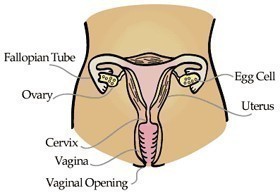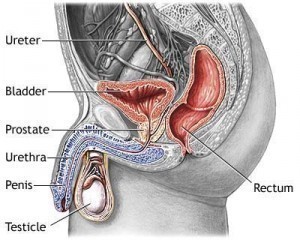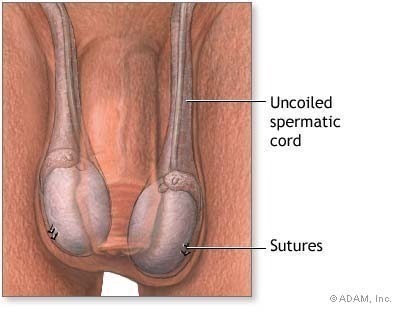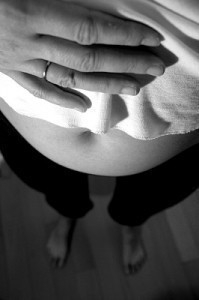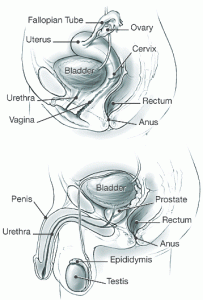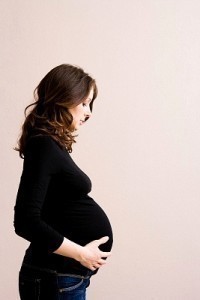Symptoms of Low Testosterone
Low testosterone is also known as male menopause or andropause. This medical condition usually affects middle-aged men, which is caused mainly by low productions of hormones such as dehydroepiandrosterone and testosterone. Some studies associate this health problem with diabetes, coronary artery disease as well as bone and muscle loss. Furthermore, men are likely to suffer from this condition if they have high levels of blood pressure, cholesterol and abdominal fat. Here is a closer look at the various treatments, diagnosis and symptoms of low testosterone.
Signs of Low Testosterone
According to research, patients suffering from low testosterone are highly identifiable with the help of various major and minor symptoms. Amongst the early signs of this disease are mood problems, erectile dysfunction as well as low sex drive. Aside from these things, it is also very much probable for patients to experience sleep disturbances and fatigue. Despite these problems, patients may still have the drive to have sex, although their sexual performance can be affected greatly by this medical condition.
Moreover, patients with low testosterone levels can experience depression, irritability and reduced energy. In terms of sexual intercourse, their drive and their performance are guaranteed to go down as well. Physically, patients who are suffering from this condition have lower bone mineral density, increased fat mass especially in the abdominal area and reduced lean body mass.
Low Testosterone Diagnosis
In order to provide proper, efficient and accurate diagnosis of this medical condition, patients need to undergo a couple of blood tests. The first one is designed to measure the overall levels of testosterone inside the body. On the other hand, the second test is to provide accurate measurements of free testosterone. As part of the diagnostic process, physicians may need to review the medical as well as family records of their patients. In some cases, physical examinations can help as well. If the problem is somehow related to the pituitary gland, patients may need imaging tests like magnetic resonance imaging and computed tomography scan.
Low Testosterone Treatment
Physicians recommend a number of highly efficient options for treating patients with low testosterone. Some doctors believe that exercise and diet can help boost the levels of testosterone and other important hormones. To help the depression as well as the physical condition of patients, they can take selective androgen receptor modulators. In some cases, patients can ask their doctors for the so-called hormone replacement therapy.
Furthermore, stress reduction, dietary changes as well as exercise are all beneficial in improving the overall condition of patients. It is also possible to use a skin gel, which can help replace the lost hormones. These hormone replacements may also come in other forms such as injections, orally disintegrating tablets and skin patches.
